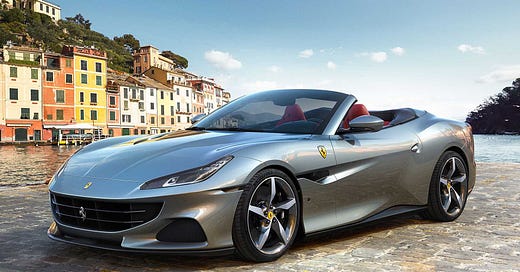Ferrari Is Selling More Cars, Engines, Sponsorships & Merchandise
Huddle Up is a daily letter that breaks down the business and money behind sports.
Join more than 54,000 professional athletes, business executives, and casual sports fans that receive it directly in their inbox each morning — it’s free.


